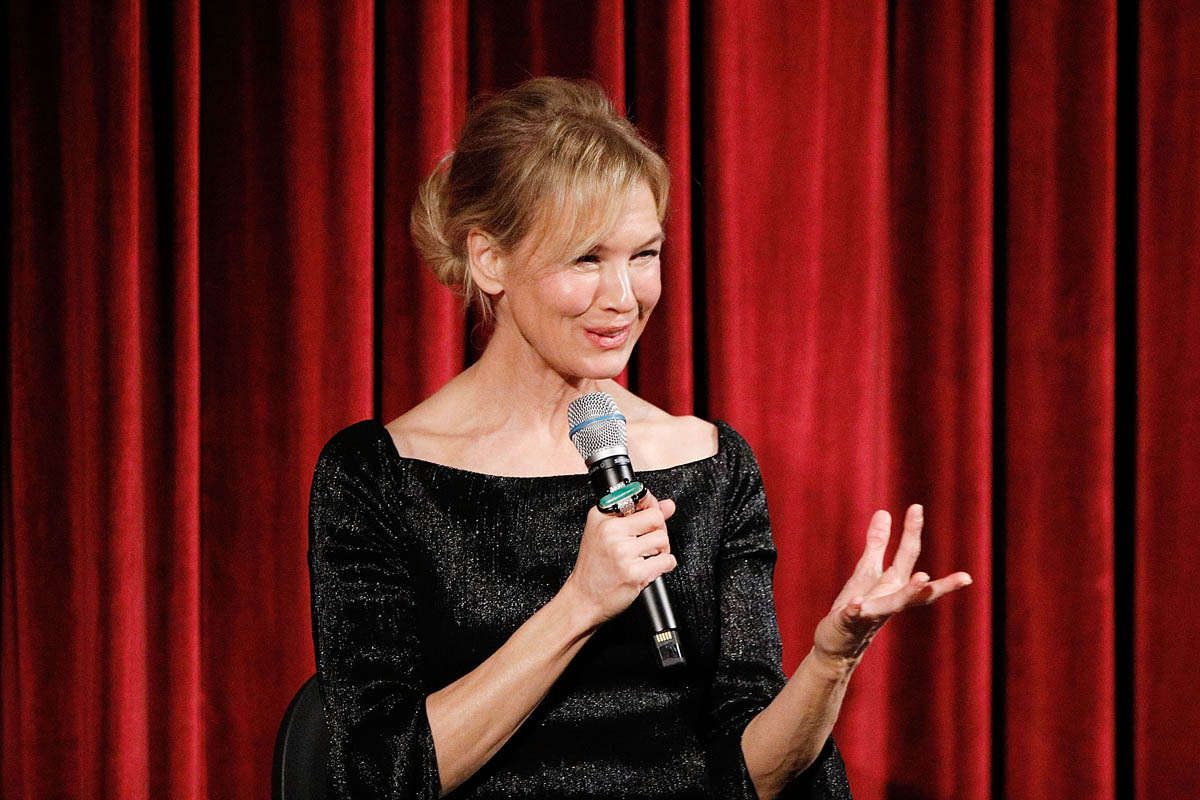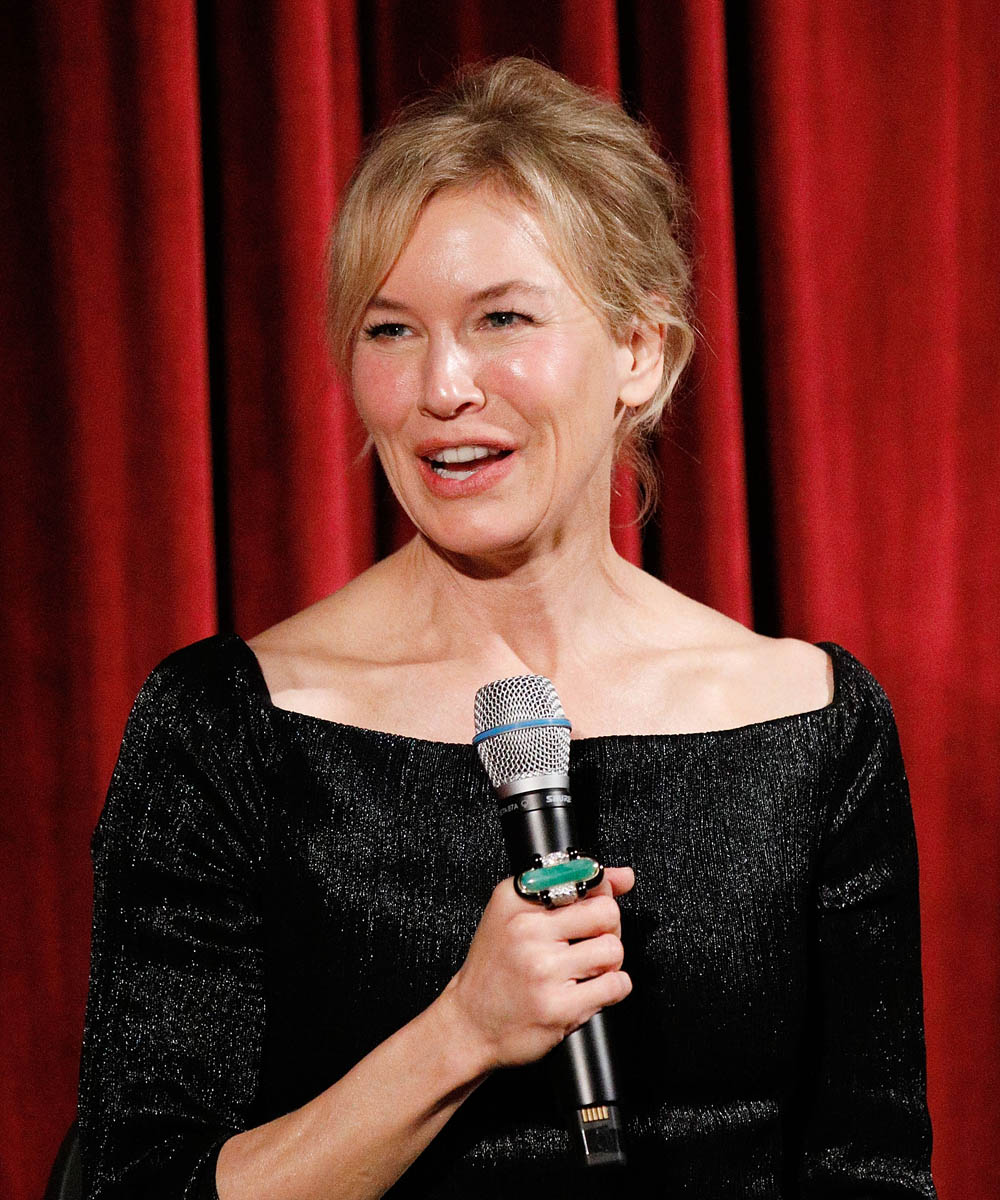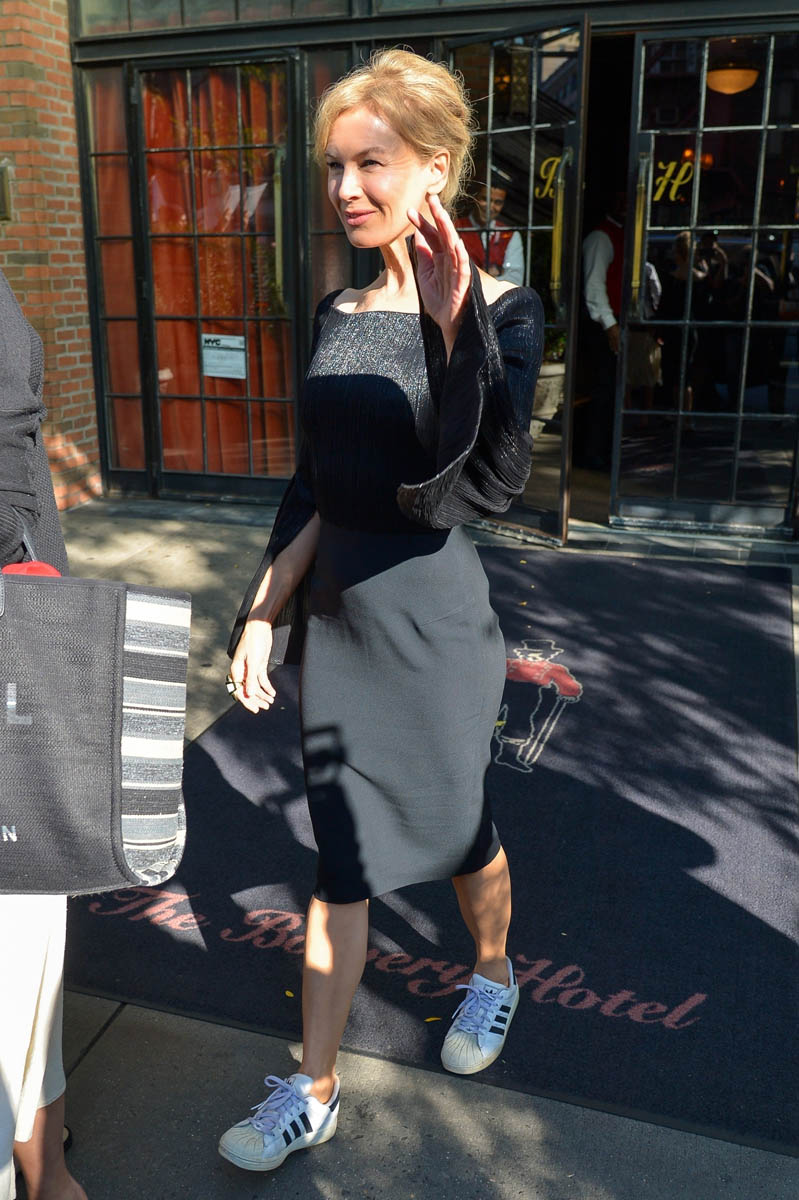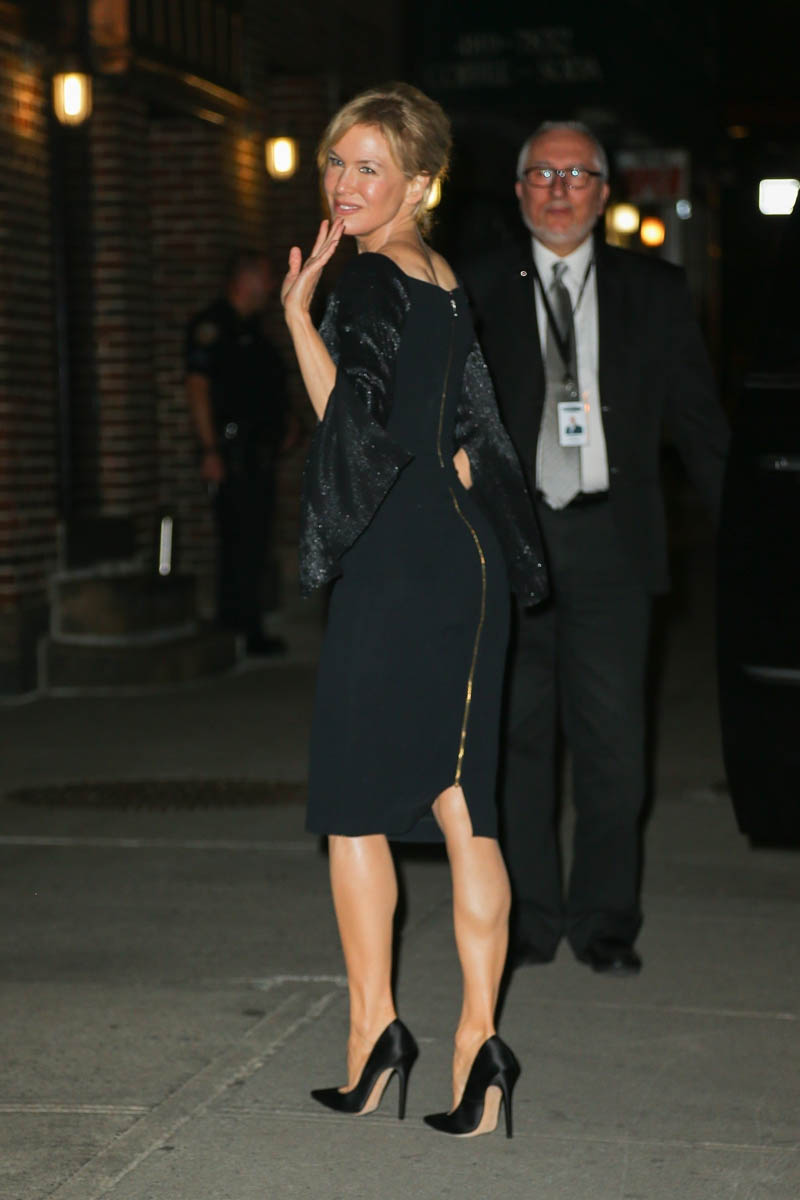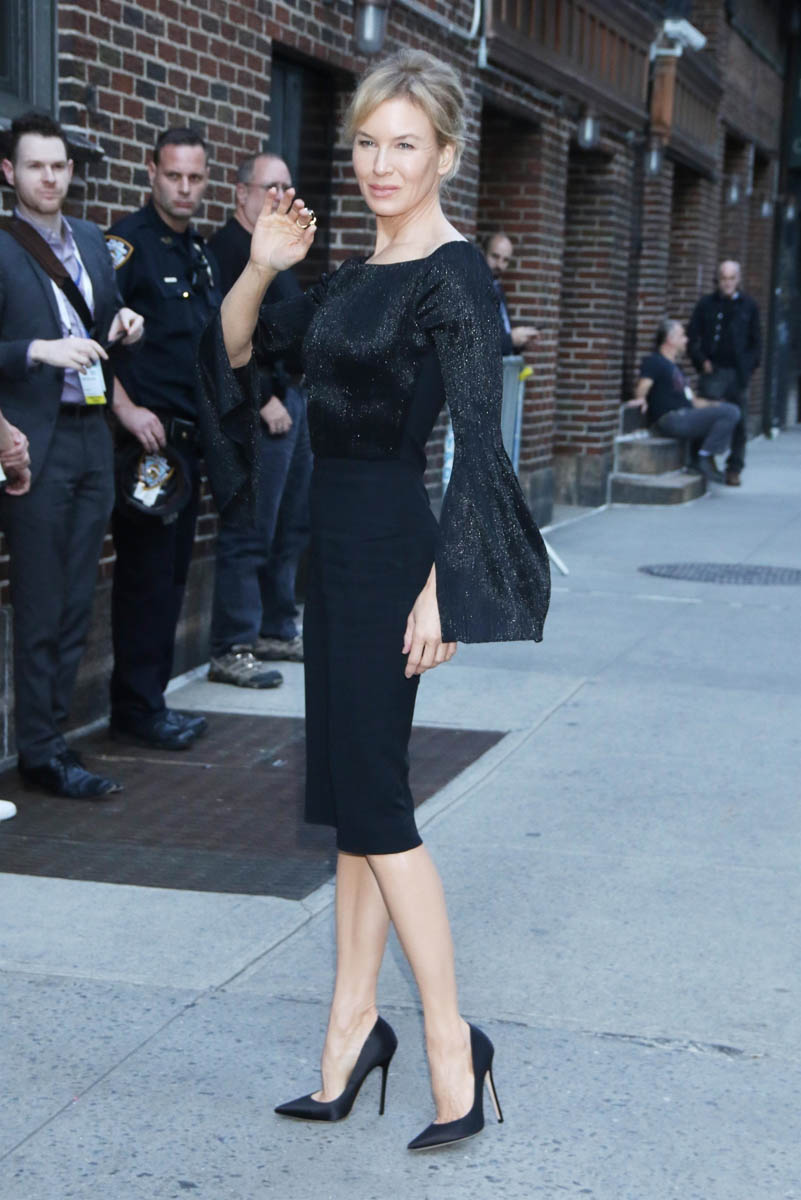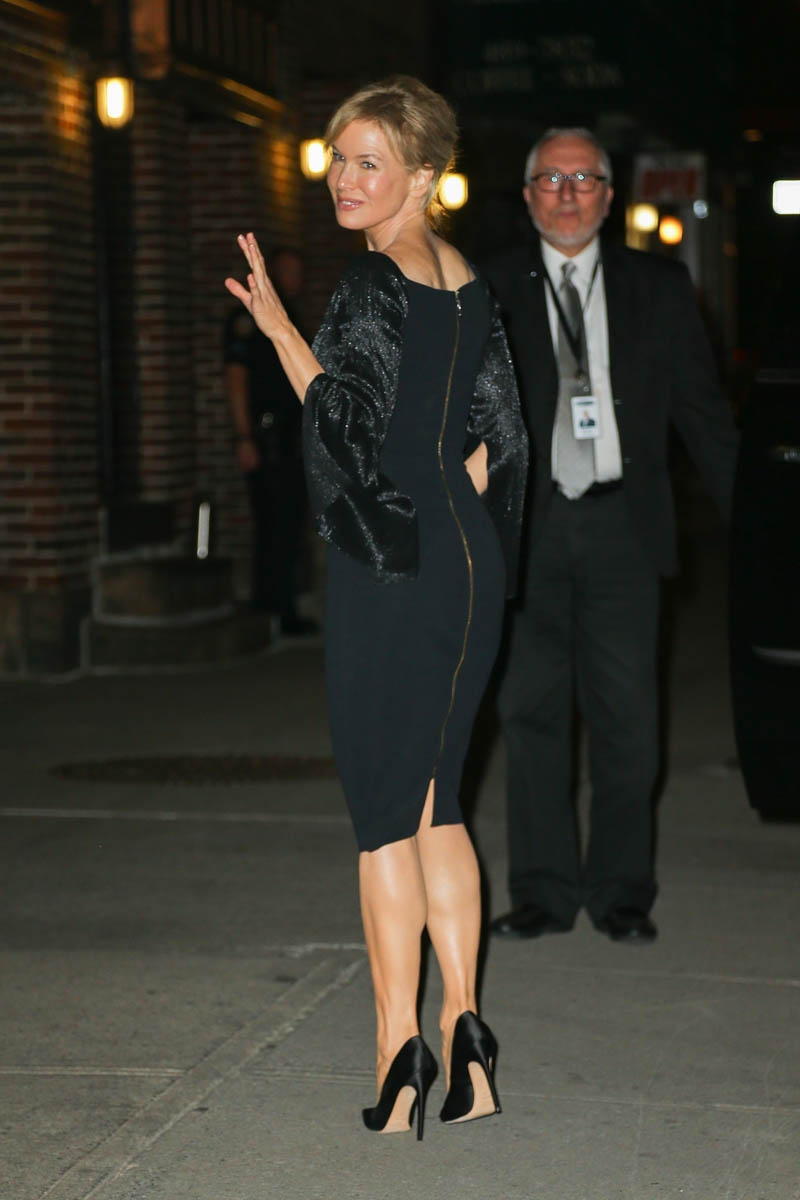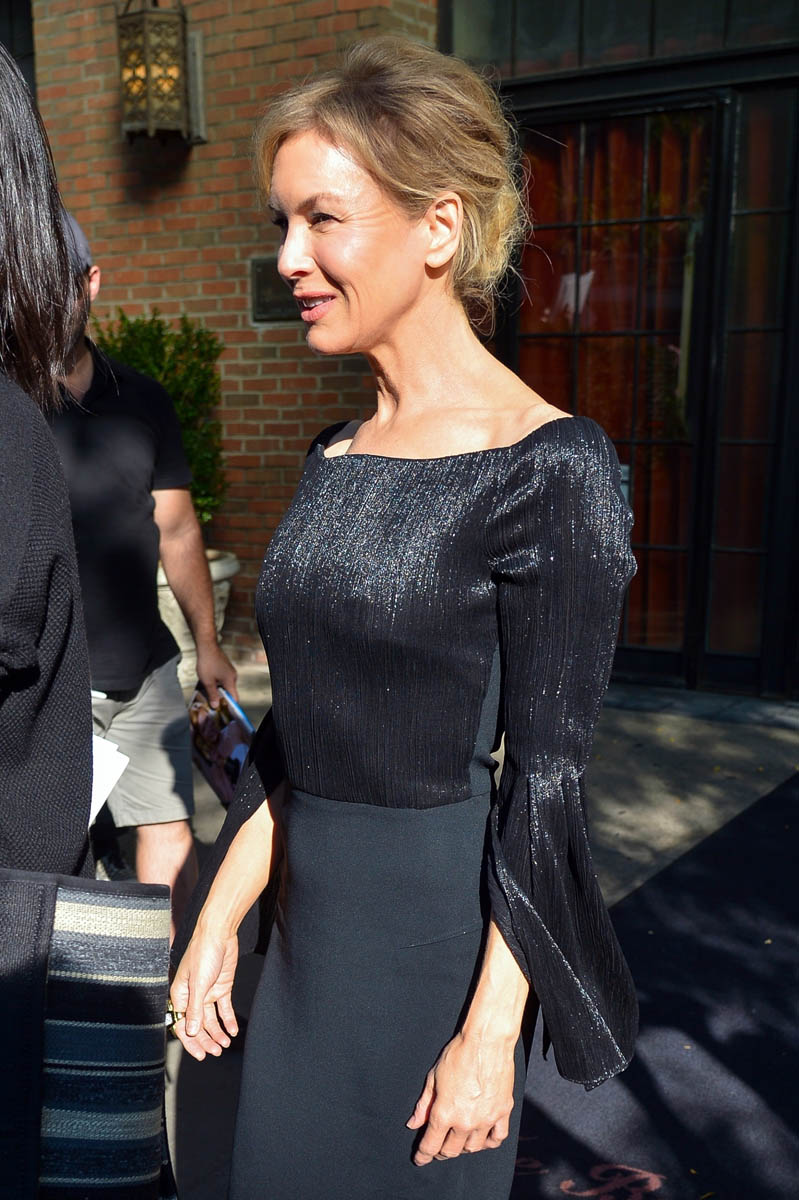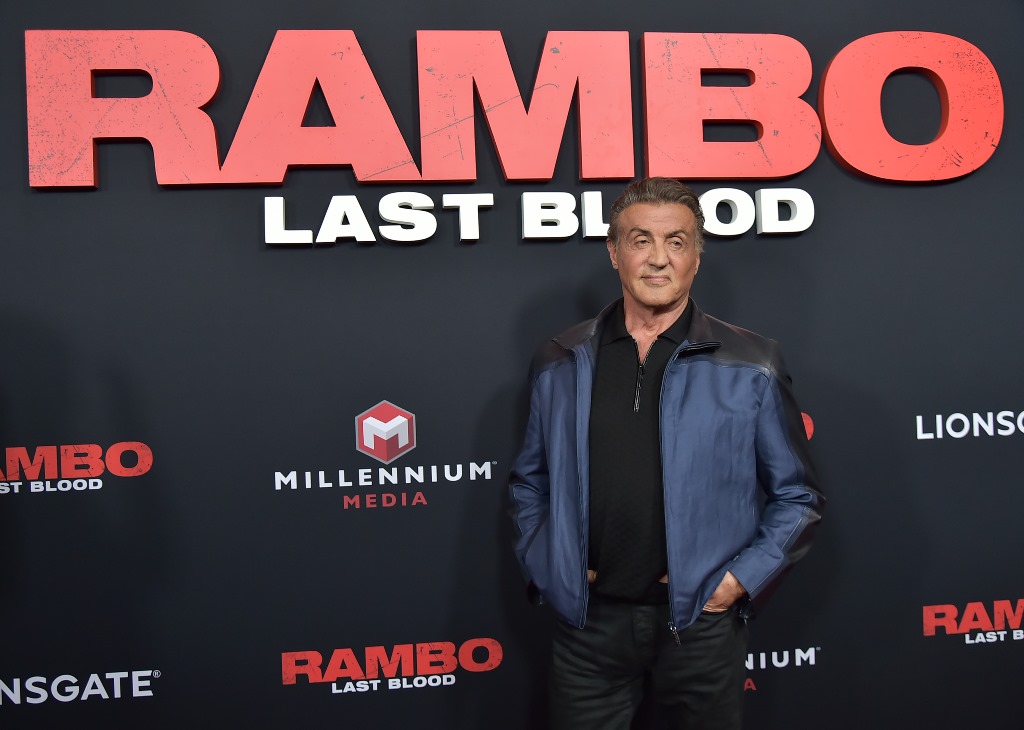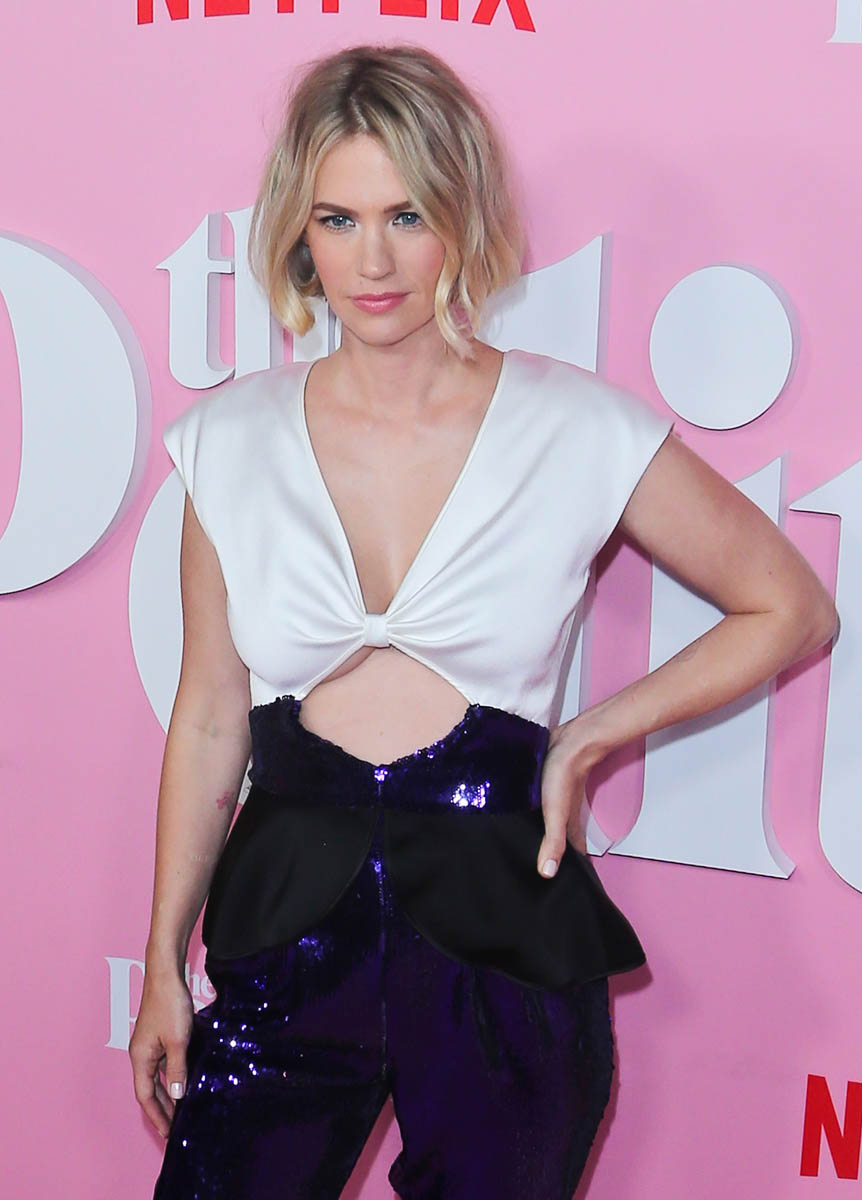Renee Zellweger in Judy


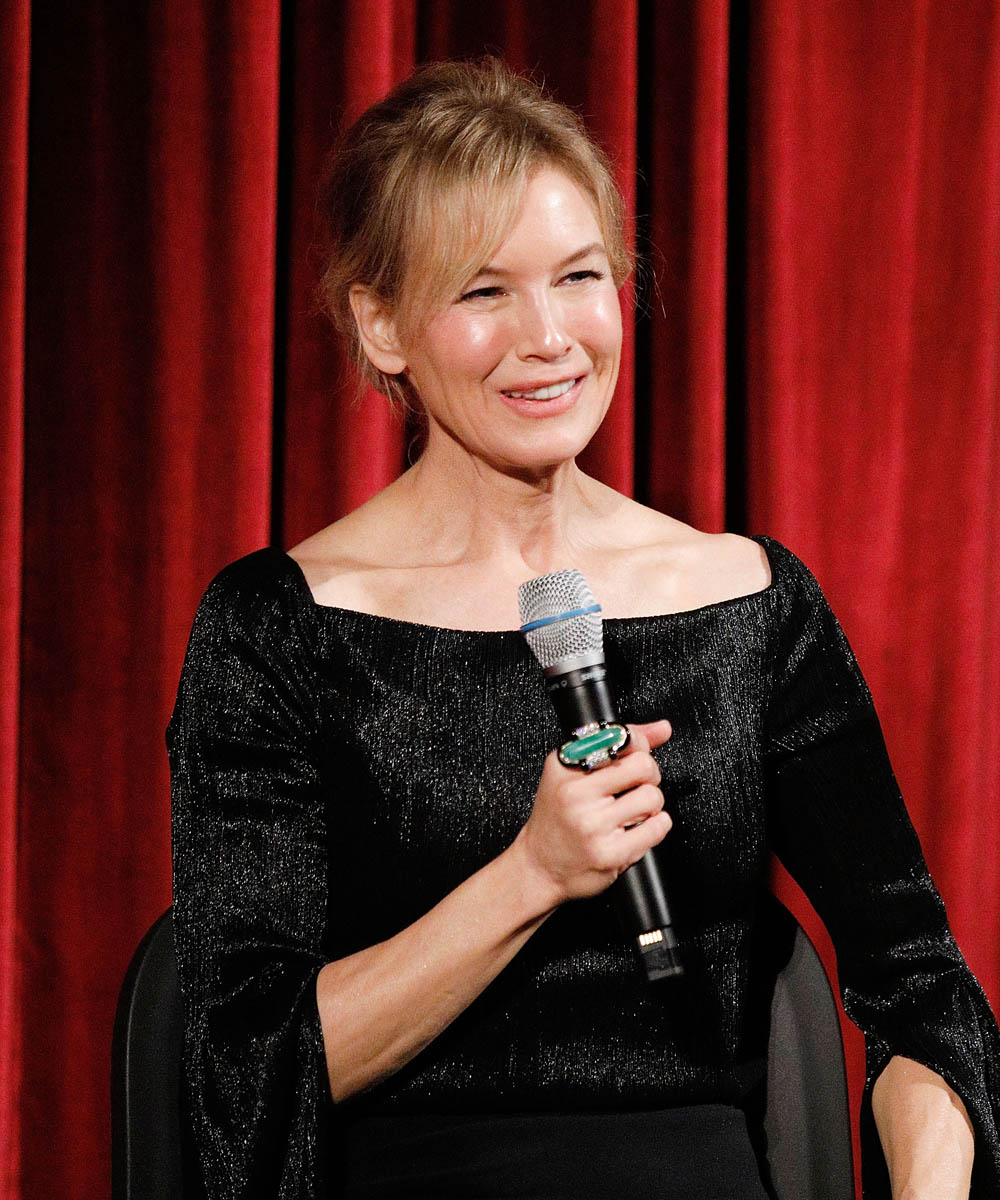
Music biopics live and die by their star performer, so even though Judy is a rote exercise in the genre, Renee Zellweger’s sublime performance lifts the film to above-average status. Focusing on the last year of Judy Garland’s life, Judy is a compassionate and relatively intimate portrait of a legendary performer. Director Rupert Goold (The Hollow Crown) walks a fine line between being even a little bit honest about the impoverished end of Garland’s life, and not exploiting his subject as so many exploited the real Judy. The result is a deeply sympathetic portrait of a great performer who suffered for that greatness. The film, written by Tom Edge from Peter Quilter’s play End of the Rainbow, occasionally cuts to scenes of young Judy (Darci Shaw) working as a child star in the old studio system. The flashbacks connect Judy’s substance abuse and insomnia, her emotional dependence on external validation, and the cruel tactics used by Louis B. Mayer to micro-manage his child star. Judy, once forced onto a starvation diet, can barely bring herself to eat her own celebratory cake later in life.
But the real story is Zellweger’s incredible performance. She doesn’t sound like Garland, and she only ever looks like Renee Zellweger with a short wig, but she is so convincing she sweeps you into the world of Judy Garland. As Judy, Zellweger is fragile but determined, exhausted, addicted, and broke and practical enough to know what she has to do about it, even if it means leaving behind her children. Zellweger looks like a strong breeze could knock her over, she folds in on herself and stalks around with her shoulders drawn up to her ears, transmitting Judy’s moods with few histrionic touches—when she does go big, it feels like the natural extension of a big personality crafted for the stage, and not like overacting. Zellweger gets enough of the small details right that it’s easy to look past the bigger details, such as her own distinctive visage and voice. And her singing is strong enough to sell the performance scenes. Does she sound just like Garland? No, but by the end of her life Judy Garland didn’t really sound like Judy Garland, either.
It feels like Judy is mostly just Zellweger acting to empty rooms—and, actually, a lot of it is—but other people do show up and interact with Judy. Rufus Sewell pops in as Judy’s ex-husband, Sidney Luft; Finn Wittrock plays her last husband, Mickey Deans; Bella Ramsey is on hand as Lorna Luft; and Jessie Buckley plays Rosalyn Wilder, who is left in charge of managing Judy as she appears in a London revue called “Talk of the Town”. Buckley has had a hell of a year with Wild Rose and Chernobyl, and here she is a sympathetic presence in Judy’s life, who comes to appreciate how much Judy gives of herself to perform. I wish there was a little more time given to Rosalyn and Judy, because there is a warmth to their scenes the film needs to carry through a slow middle and some rough pacing. Zellweger is working very hard, but the film doesn’t always support her as well as it could.
Case in point, take Dan (Andy Nyman) and Stan (Daniel Cerqueira), a cutely named gay couple who adore Judy. One night, suffocating in her own loneliness, Judy pals around London with Dan and Stan. It’s a scene that easily could have been cheesy, but Zellweger, Nyman, and Cerqueira capture the symbiotic relationship between performer and audience, while also nodding at Judy’s stature in the LGBTQ community. It’s a surprisingly warm interlude. However, Dan and Stan return at the end of the film for an over-the-top cheesy finale that undermines the dramatic weight of Zellweger’s final moments as Judy. Zellweger is at her most raw and uncompromising as Judy, but then the film goes for a pick-me-up ending that doesn’t feel true to where Zellweger leaves her performance.
The film could be in better sync with Zellweger, but even when the filmmaking and her performance get into little fights, Judy remains watchable. It’s just so refreshing to see a biopic performance that isn’t an impression. Judy feels like a proper character, and Zellweger, even when she goes big, is giving a real performance and not just aping a series of physical tics and expressions. Judy doesn’t really offer anything revelatory about Judy Garland, but it is a reminder of how compelling it can be to watch one great performer inhabit another.


